Traditionally, metal roofing was used for barns and awnings and the one thing that everyone notices about these structures is that they tend to resonate very loudly when rainfall strikes them. This is primarily due to their overall metal construction. However, over the last decade, roofing technology has advanced in a big way and has changed the resonating-quality of metal roofs.
Today, tin is no longer considered to be suitable roofing option and materials such as Colorbond steel and Zincalume have become very popular with residential and commercial customers. When it comes to noise control in metal roofing, it’s actually the insulation system that decides exactly how noise-proof the installation will be. Take a look at what is involved in insulating metal roofs and how this helps in noise control:
Metal Roof Features
Metal roofing is extremely durable, and can last for as long as 60-years. The modern-day metal roofing industry styles its roofing designs into tile shapes (asphalt shingles or cedar shake). Metal roof sheets are the other type of popular installations that customers opt for. There is no dearth of surface finishes and colours, which adds to the versatility of metal roofing. It has to be understood that the initial cost of installation of metal roofs is higher compared to standard shingle roofing. However, its high value for money in the long term.
Roof Construction
Metal roofing installations that are attached only to bare ceiling beans (as they are in awnings or barns) tend to resonate when there is rainfall. This is because they do not have any insulation on the inside. However, when a metal roof is being installed on a home structure or any building, a solid wood or plywood decking will first be installed. The installers will first construct this solid deck right across the rooftop. The metal roof attaches right above the deck and creates an insulating-layer.
Alternative Roof Construction
Existing homes that have asphalt shingles can also be re-roofed with zincalume or colorbond roofing. The original roofing will be retained and the metal will be directly installed over the shingles. These shingle layers form an effective underlayment/ insulating layer. They provide thermal and noise insulation.
In this respect, homes that have attics have an added advantage and these spaces provide an additional insulating layer. The air space in the attic and the ceiling insulation provides effective noise reduction and insulates the structure from heat and cold.
Construction Variations
A number of consumers actually like the light pitter-patter of the rain on metal roofing. If you have such preferences, these should be discussed with the metal roofing contractor. The roofing construction can then be altered as required and a certain amount of noise can be allowed to infiltrate the interior of the home, based on the amount of sound required.
Some Myths
The decibel level of metal roofing noise is very similar to that of asphalt shingle noise. The latter exhibits a 46 decibel-level, while metal roofs have a 52 decibel-level. Colorbond roofing noise can be significantly reduced by using an acoustic blanket called sarking. This is laid below the roofing and it reduces the noise & heat transfer from the metal into the roof’s cavity.
Shape of Metal Roofing
To a certain degree, the shape and design of metal roofing will decide how much noise it allows in. Relief textures and carved designs scatter rain drops as they hit the roof’s surface. This type of rainfall dispersal system also reduces roofing noise & moves all the rain the water efficiently towards the rain gutters.
Points to Remember
Metal is a strong, durable and aesthetically appealing material for roofing. The current-day specialised coatings that are used also make the installation corrosion and fire-proof. Metal roofs can also withstand inclement weather and windy conditions much better than shingled roofs can. It is possible for homeowners to create the look they want with variations in shape, design and color of the roof they choose.
When it comes to noise control, it is crucial that you speak and consult with a certified roof installer about the various methods that can be used to provide you the kind of insulation you need. For more information about how insulation can help on noise control in metal roofing systems, call R.O. Steel Roofing Pty Ltd on (02) 9660 5937 or send us your enquiry via our online form.
Thanks so much for reading,
R.O. Steel Roofing
(02) 9660 5937
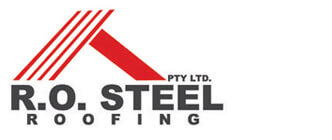
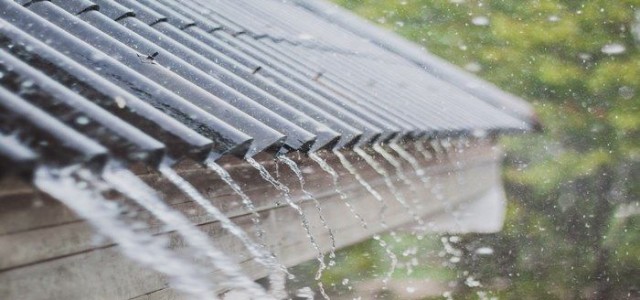
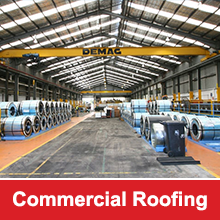
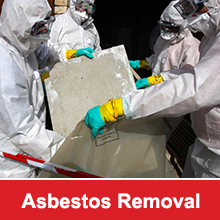

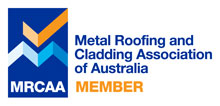
Comments are closed.